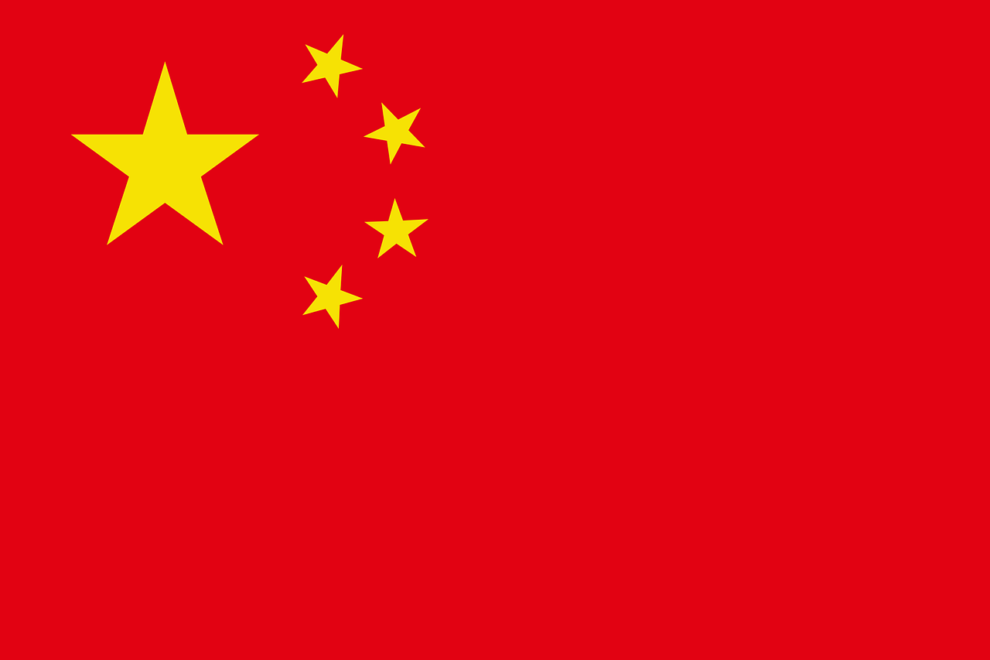Chinese spies allegedly gave a “well-connected” Australian businessman cash-filled envelopes in exchange for handwritten reports about lithium mining and the AUKUS security pact, a Sydney court was told Monday.
Australian police allege that Alexander Csergo sold information to two Chinese spies known as “Ken” and “Evelyn” while he worked in Shanghai as a marketing executive.
The 55-year-old — who has spent more than two decades working in China — was arrested in Sydney on Friday and has been charged with one count of “reckless foreign interference”.
A government lawyer told the court that Csergo, an Australian national, had travelled home with a “shopping list” of spying priorities drawn up for him by the Chinese agents.
“He did this for cash that was given to him in sealed envelopes,” prosecutor Connor McCraith told the court.
The court was told the Chinese spies were particularly eager for information on lithium mining, iron ore production, and the AUKUS alliance — a Western security pact that Beijing views with suspicion.
Csergo moved to China around 2002, working for a series of multinational firms in advertising, marketing, communications and data analytics.
Reading from a sheet of government allegations, Magistrate Michael Barko said Csergo had first been approached by Chinese intelligence agents in 2021.
He attended face-to-face meetings at various cafes in Shanghai,” Barko said.
“He believed the cafes had been specifically cleared for them.”
Barko suggested that Australia’s intelligence agencies had been monitoring Csergo for some time before he was arrested at his mother’s house in Bondi.
“They didn’t just turn up by chance,” the magistrate said.
Csergo was a sophisticated and worldly operator who appeared to be “well connected” in the upper echelons of Shanghai’s business community, Barko added.
“I have no doubt at all that when this hits the fan, there will be people who are very keen to ensure the defendant does not give evidence against China.”
Csergo appeared stony-faced as he fronted the hearing via video link from Sydney’s Parklea prison, wearing prison greens and clear-framed glasses.
Defence lawyer Bernard Collaery said Csergo had forged a successful career in China and enjoyed “considerable access”.
Collaery said Csergo started consulting for “Ken” and “Evelyn” when work dried up during the Covid-19 pandemic — but these reports had only relied on public information.
“Authorities have gone right through his laptop and they found that all his work was from publicly sourced documents,” Collaery told the court.
“Cash payments for consulting work might have a colour in Australian eyes. But it’s not necessarily sinister.”
It was inevitable that foreigners doing business in China would eventually come into contact with intelligence agencies, Collaery added.
“It’s an authoritarian state. All roads lead to the state. If someone walks up to you in a bar you are wary.”
Csergo is charged with one count of “reckless foreign interference” carrying a maximum prison sentence of 15 years.
He is the second person to be charged under foreign interference laws passed by the former conservative government in 2018.
Csergo was denied bail and will remain behind bars until the case returns to court later this year.
